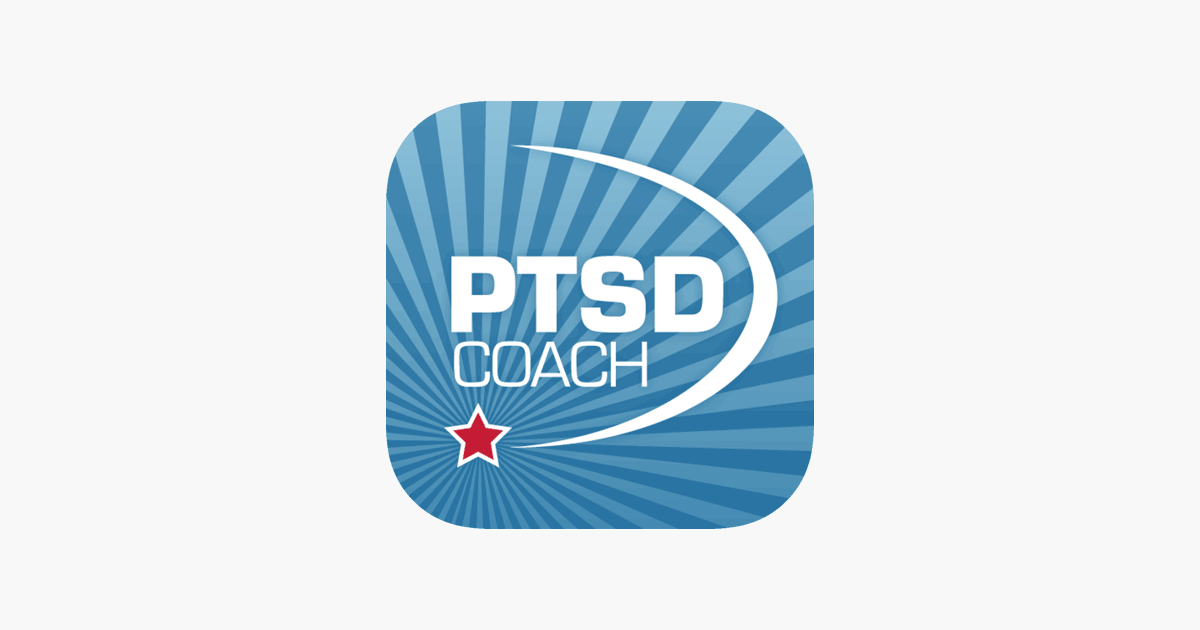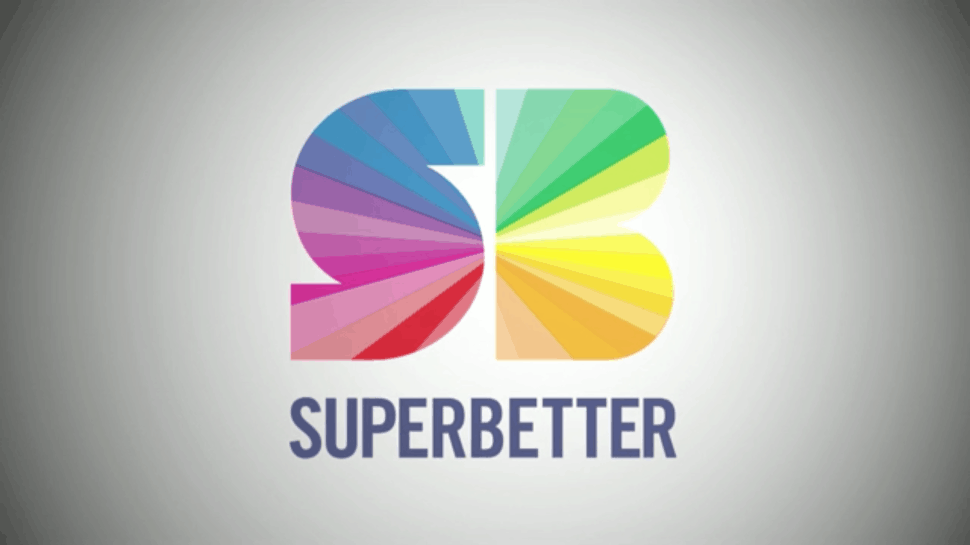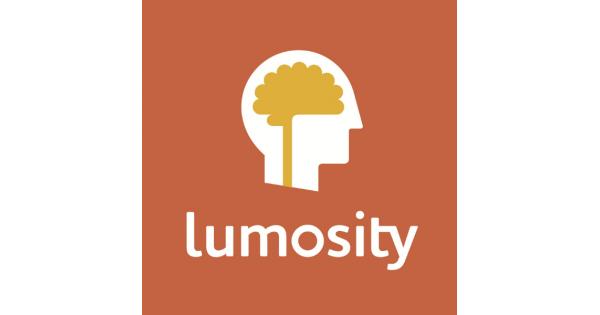Should your mobile device by your therapist? Well, yes, since several mobile applications actually help users enhance their mental health. These applications provide relationship advice, productivity tips, and even help to manage psychiatric cases. Let’s see a few of them in our list of 7 Mobile Apps For Advice and Therapy:
1. Optimism

This is a mood-tracking application for anyone suffering depression, bipolar disorder and those that just want to be happier. Users need to just record their emotional state from time to time, alongside other factors, and the app will chart these variables in a line graph, aiding people to see how several factors can affect their mood.
2. PTSD Coach

The U.S. Department of Veterans Affairs developed this app and it is for service members. However, anybody suffering from trauma and anxiety can use it as well.
Must Read: Best Apps To Install For Relationship Advice
It helps to supplement regular therapy for those coping with trauma and it is also useful for monitoring their symptoms. PTSD Coach provides advice and coping strategies like relaxation techniques.
3. Mobilyze
Researchers at Northwestern University gave us this app that uses users’ mobile devices to detect when they are battling depression. It makes use of a device’s built-in accelerometer and GPS to collect data on an individual’s location and movement, and its algorithms track how regularly a user speaks and texts on the phone.
4. SuperBetter

Still on the topic of best mobile apps for advice, Super better is another highly recommended app. This app helps you to work towards a particular goal like decreasing anxiety, losing weight or conquering depression.
Must Read: How TO Make Money Online Using Affiliate Marketing Advice
It lets you create your personal superhero identity and adventure. The reason is that, the developers feel if you gamify your goals, it will easier to achieve them and remain motivated.
5. Love Maps
Married clinical psychologists, John and Julie Schwartz Gottman blessed us with this app based on their personal relationship research. It is a relationship application that was developed to aid open communication between a couple. This definitely fixes a huge problem most couples face in their marriage nowadays.
6. Lumosity

This app provides interesting games that are focused on building users’ brainpower. Players will be allowed to select from a minimum of forty games concentrating on various skills like attention, memory, processing speed and problem-solving.
Must Read: 10 Best Learning Apps For Your Phone 2020
It is useful for the improvement of memory, multitasking ability and processing speed in kids and adults.
7. Mind Games
The games in this app help users who wish to improve their wits as they juggle their busy schedules. Every game targets a particular skill set and takes just 2 to 3 minutes to play.
Must Read: 7 Brain Exercise Games for iPhones (iOS) and Android
Some games focus on memory and concentration, others focus on building your vocabulary and improving your math skills.
More Information About Therapy:
A therapy or medical treatment (often abbreviated tx, Tx, or Tx) is the attempted remediation of a health problem, usually following a diagnosis. As a rule, each therapy has indications and contraindications.
There are many different types of therapy. Not all therapies are effective. Many therapies can produce unwanted adverse effects. Treatment and therapy are generally considered synonyms. However, in the context of mental health, the term therapy may refer specifically to psychotherapy.
The words care, therapy, treatment, and intervention overlap in a semantic field, and thus they can be synonymous depending on the context. Moving rightward through that order, the connotative level of holism decreases and the level of specificity (to concrete instances) increases.
Thus, in health care contexts (where its senses are always noncount), the word care tends to imply a broad idea of everything done to protect or improve someone’s health (for example, as in the terms preventive care and primary care, which connote ongoing action), although it sometimes implies a narrower idea (for example, in the simplest cases of wound care or postanesthesia care, a few particular steps are sufficient, and the patient’s interaction with that provider is soon finished).
In contrast, the word intervention tends to be specific and concrete, and thus the word is often countable; for example, one instance of cardiac catheterization is one intervention performed, and coronary care (noncount) can require a series of interventions (count).
At the extreme, the piling on of such countable interventions amounts to interventionism, a flawed model of care lacking holistic circumspection—merely treating discrete problems (in billable increments) rather than maintaining health.
Therapy and treatment, in the middle of the semantic field, can connote either the holism of care or the discreteness of intervention, with context conveying the intent in each use. Accordingly, they can be used in both noncount and count senses (for example, therapy for chronic kidney disease can involve several dialysis treatments per week).
Treatment decisions often follow formal or informal algorithmic guidelines. Treatment options can often be ranked or prioritized into lines of therapy: first-line therapy, second-line therapy, third-line therapy, and so on.
First-line therapy (sometimes called induction therapy, primary therapy, or front-line therapy) is the first therapy that will be tried. Its priority over other options is usually either: formally recommended on the basis of clinical trial evidence for its best-available combination of efficacy, safety, and tolerability or chosen based on the clinical experience of the physician.
If a first-line therapy either fails to resolve the issue or produces intolerable side effects, additional (second-line) therapies may be substituted or added to the treatment regimen, followed by third-line therapies, and so on.
Often multiple therapies may be tried simultaneously (combination therapy or polytherapy). This combination of chemotherapy is also called polychemotherapy, whereas chemotherapy with one agent at a time is called single-agent therapy or monotherapy.
There you have it – a comprehensive list of best mobile apps for Advice and Therapy. If you have other recommendations, feel free to drop them in the comment section below.



